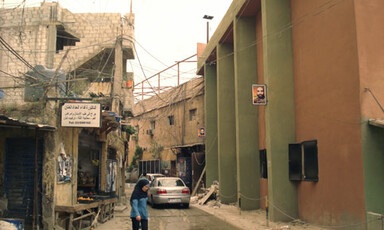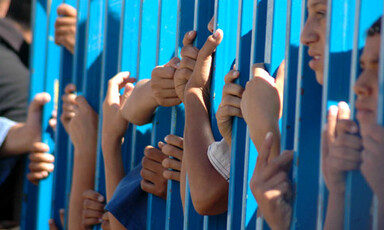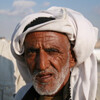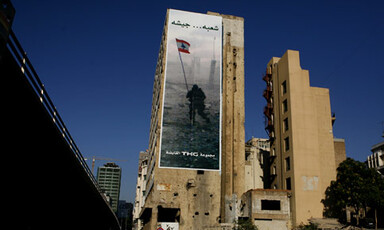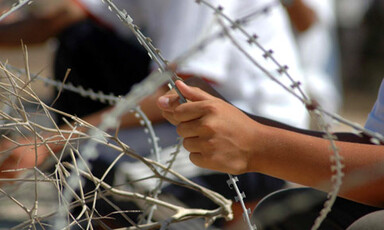
Stranded at the border
al-Arish, Egypt 20 July 2007
My wife and myself, like thousands of other Palestinians, are currently stranded in Egypt since the Rafah crossing to Gaza was closed in mid-June. We are now staying closer to our home of Gaza. The destination this time is not Cairo. Rather, it’s the coastal town of al-Arish now that my wife has completed her medical treatment in the Egyptian capital. In the evening of 7 July, we cheerfully smiled for the first time since my wife was hospitalized in a Cairo hospital a month ago, after the doctor assured us she could leave the hospital. However, EI contributor Rami Almeghari and his wife have been unable to return home. Read more about Stranded at the border
